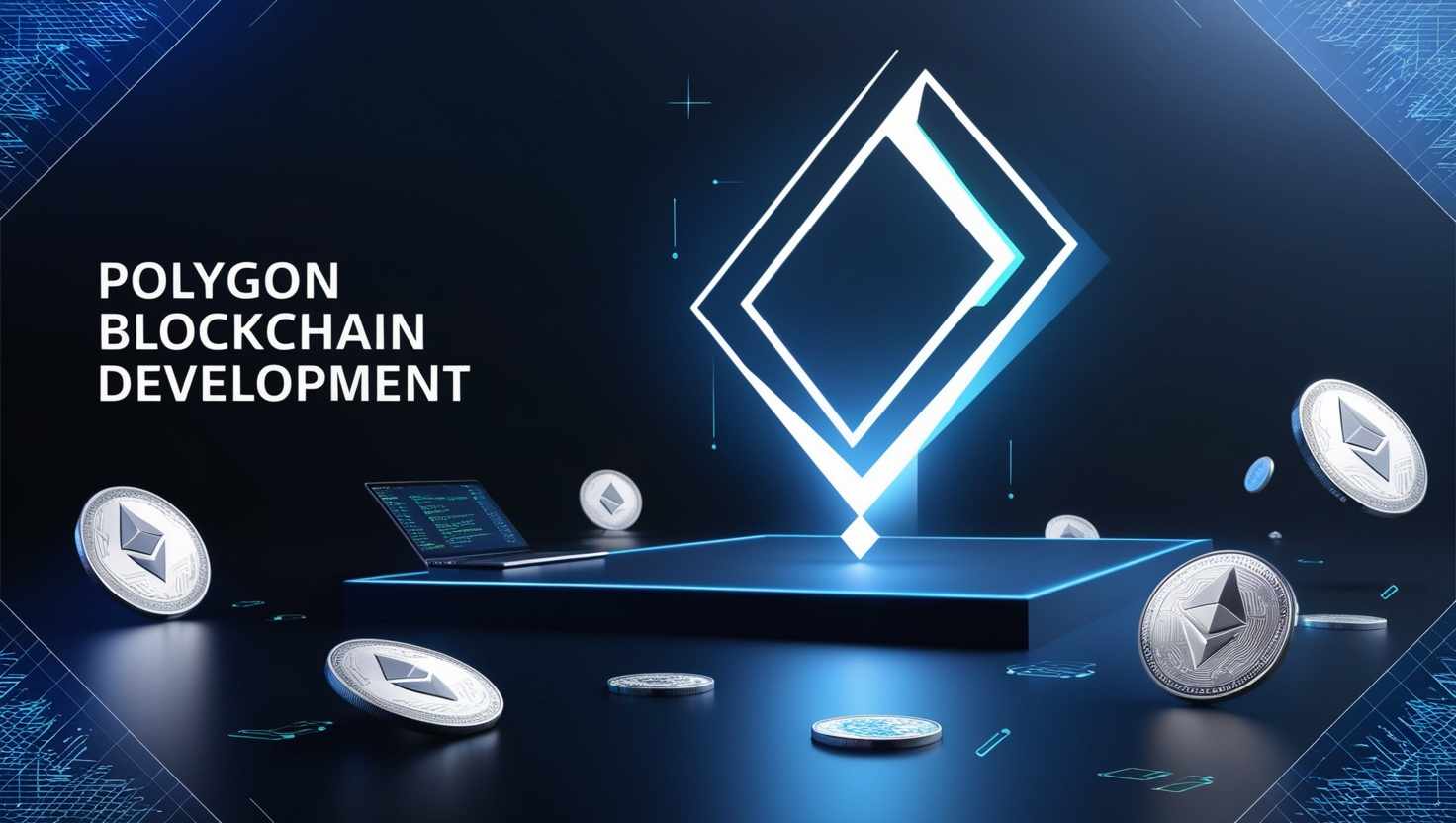
Blockchain technology is transforming the way businesses operate, creating new opportunities for innovation, efficiency, and security. One of the most prominent players in the blockchain ecosystem is Polygon (formerly known as Matic), a Layer 2 scaling solution for Ethereum that aims to address the scalability and cost issues associated with decentralized applications (dApps). As blockchain adoption continues to grow, Polygon blockchain development has become a crucial tool for businesses looking to leverage blockchain’s full potential.
What is Polygon?
Polygon is a Layer 2 scaling solution built on top of Ethereum, designed to enhance its scalability and transaction throughput. Ethereum, being one of the most widely used blockchains, has seen challenges with network congestion and high gas fees. Polygon addresses these issues by offering a more efficient and cost-effective alternative for building decentralized applications.
Polygon achieves this by using technologies like Plasma, zk-Rollups, and Optimistic Rollups to bundle multiple transactions into a single one, reducing congestion and significantly lowering transaction fees. Polygon also supports the Ethereum Virtual Machine (EVM), meaning that developers can build dApps that are compatible with Ethereum, benefiting from the security and decentralization Ethereum provides, but with lower costs and faster speeds.
Why Polygon Blockchain Development is Gaining Popularity
Polygon’s rise as a leading polygon blockchain development platform can be attributed to several key factors. Below, we explore some of the most important reasons why businesses and developers are choosing Polygon for blockchain solutions.
1. Scalability and Performance
One of the main challenges with Ethereum is its inability to handle a large number of transactions quickly and cost-effectively. Polygon solves this issue by offering scalable solutions that can handle thousands of transactions per second (TPS) with minimal costs. This makes Polygon ideal for applications that require high transaction volumes, such as gaming, DeFi (Decentralized Finance), and NFTs (Non-Fungible Tokens).
By implementing Polygon, developers can create dApps that offer a seamless user experience, even in high-traffic scenarios.
2. Low Transaction Fees
High gas fees on the Ethereum network have been a significant barrier for users and developers alike. Polygon solves this problem by providing a much more cost-effective environment for running transactions. Since Polygon operates on a separate network while still leveraging Ethereum’s security, users benefit from lower fees without sacrificing decentralization or security.
This is especially beneficial for businesses and startups that need to keep operational costs low, making blockchain solutions more accessible and economically viable.
3. Seamless Ethereum Compatibility
Polygon is fully compatible with Ethereum, meaning that applications built on Ethereum can easily be migrated to Polygon without significant changes. This compatibility allows developers to use familiar tools, libraries, and programming languages like Solidity, the programming language used on Ethereum.
For businesses already working within the Ethereum ecosystem, Polygon provides an easy path to scale their applications without needing to overhaul existing infrastructure. This seamless integration is one of the key reasons for Polygon’s widespread adoption.
4. Security and Decentralization
Security and decentralization are essential principles of blockchain technology, and Polygon ensures that both are maintained while offering scalability and low fees. The network is secured by a wide array of validators and uses the Ethereum blockchain’s robust security model, ensuring that transactions are safe and verifiable.
Polygon’s use of Proof of Stake (PoS) further enhances its security, as validators on the network must stake Polygon’s native token (MATIC) to participate in transaction validation. This creates an incentive for validators to act honestly and maintain the integrity of the network.
5. Support for Multi-Chain Ecosystems
Polygon is not limited to Ethereum alone. It supports the creation of multi-chain ecosystems, allowing developers to build interoperable dApps that can communicate with different blockchains. This cross-chain compatibility opens up numerous possibilities for businesses, allowing them to tap into a wider range of blockchain networks and communities.
How Polygon Blockchain Development Can Benefit Your Business
For businesses considering Polygon blockchain development, the platform offers a variety of advantages:
Cost Efficiency: Polygon’s low transaction fees help reduce operating costs, making it an ideal choice for startups and enterprises looking to implement blockchain without breaking the bank.
Enhanced User Experience: Polygon’s high throughput and fast transaction speeds ensure that users experience minimal delays and lower costs, making it an attractive option for customer-facing applications.
Decentralization with Scalability: Businesses can enjoy the best of both worlds by utilizing Polygon’s scalability without compromising on the decentralization and security that Ethereum offers.
Access to DeFi, NFTs, and Gaming: Polygon has become the go-to platform for many DeFi projects, NFT marketplaces, and blockchain-based games, thanks to its scalability and low fees. By developing on Polygon, your business can tap into these rapidly growing sectors.
Seamless Integration: Polygon makes it easy for businesses already operating on Ethereum to integrate scalability solutions without having to rebuild their infrastructure.
Polygon Blockchain Development Services
To unlock the full potential of Polygon, businesses often seek expert developers who specialize in Polygon blockchain development. These professionals can assist with:
Custom dApp Development: Creating decentralized applications that run on the Polygon network, offering fast, secure, and low-cost transactions.
Smart Contract Development: Writing and deploying smart contracts that automate business processes and reduce the need for intermediaries.
Token Development: Creating custom tokens for various use cases, including utility tokens, security tokens, and NFTs.
Blockchain Consulting Services: Providing strategic advice on how to integrate Polygon with existing systems and develop blockchain solutions tailored to business needs.
Ongoing Maintenance and Support: Ensuring that your Polygon-based blockchain solution remains secure, up-to-date, and scalable as the technology evolves.
Related Read: Understanding the Polygon Blockchain: Benefits and Use Cases
Conclusion
In conclusion, Polygon blockchain development offers a robust solution for businesses looking to leverage blockchain technology in a scalable, secure, and cost-efficient manner. Whether you’re developing a DeFi project, an NFT platform, or a supply chain solution, Polygon provides the tools needed to build high-performance applications that meet the demands of today’s digital economy.
By embracing Polygon’s capabilities, your business can tap into the power of blockchain while avoiding the scalability and cost challenges often associated with Ethereum. If you’re ready to explore blockchain development, Polygon is an excellent choice that offers a seamless, efficient, and secure path forward.
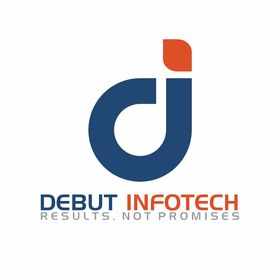
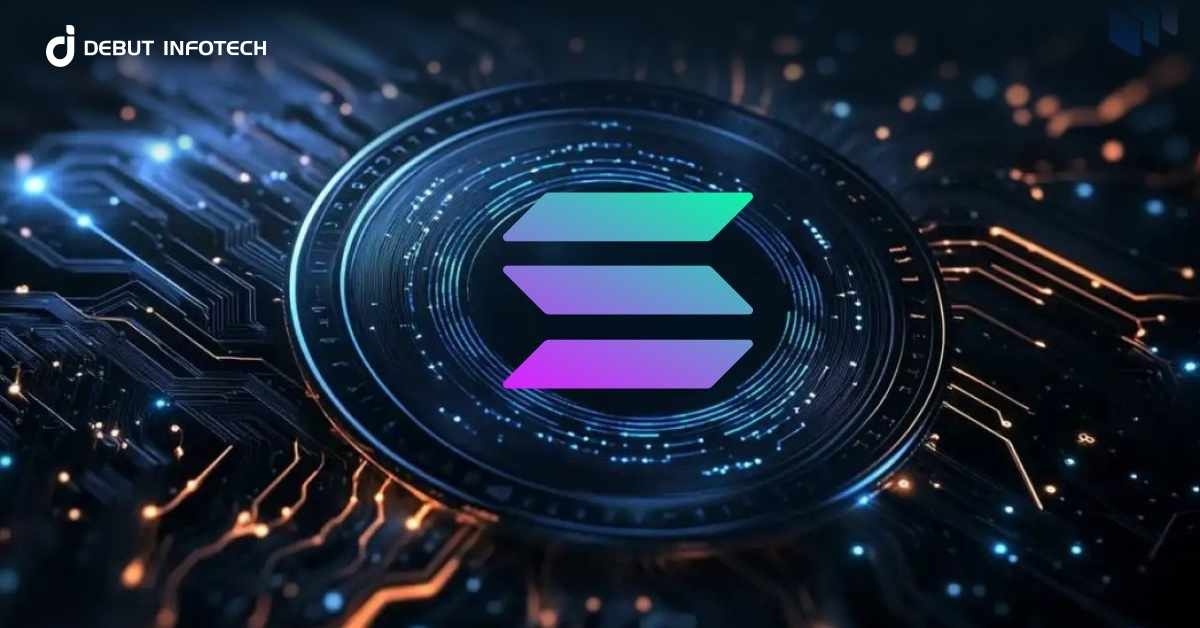
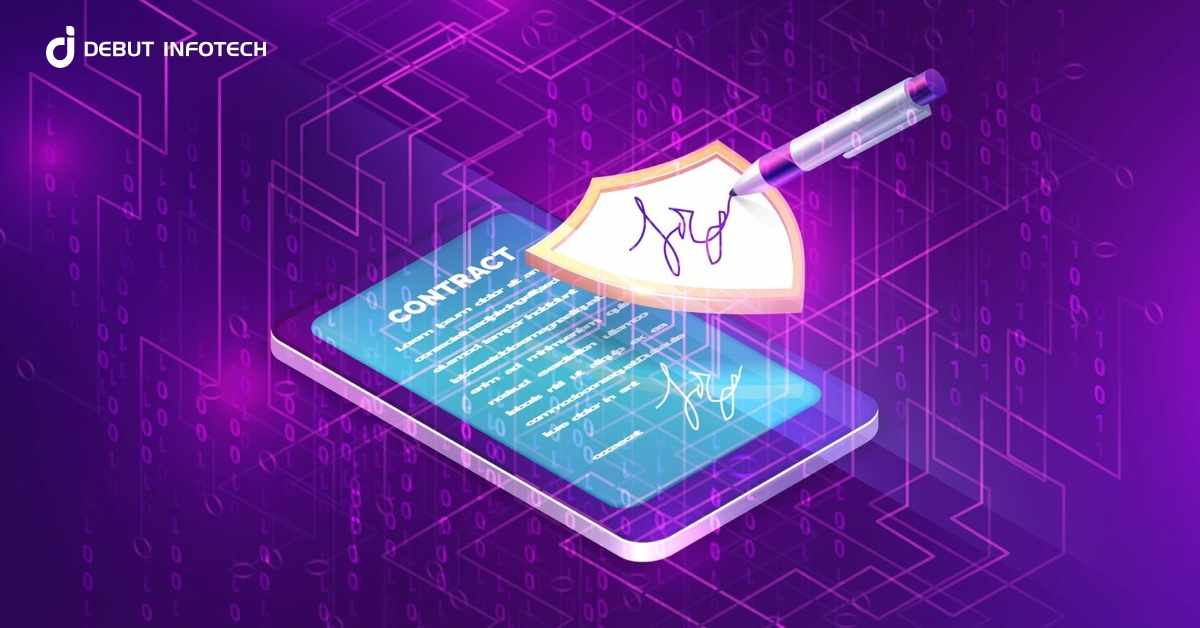
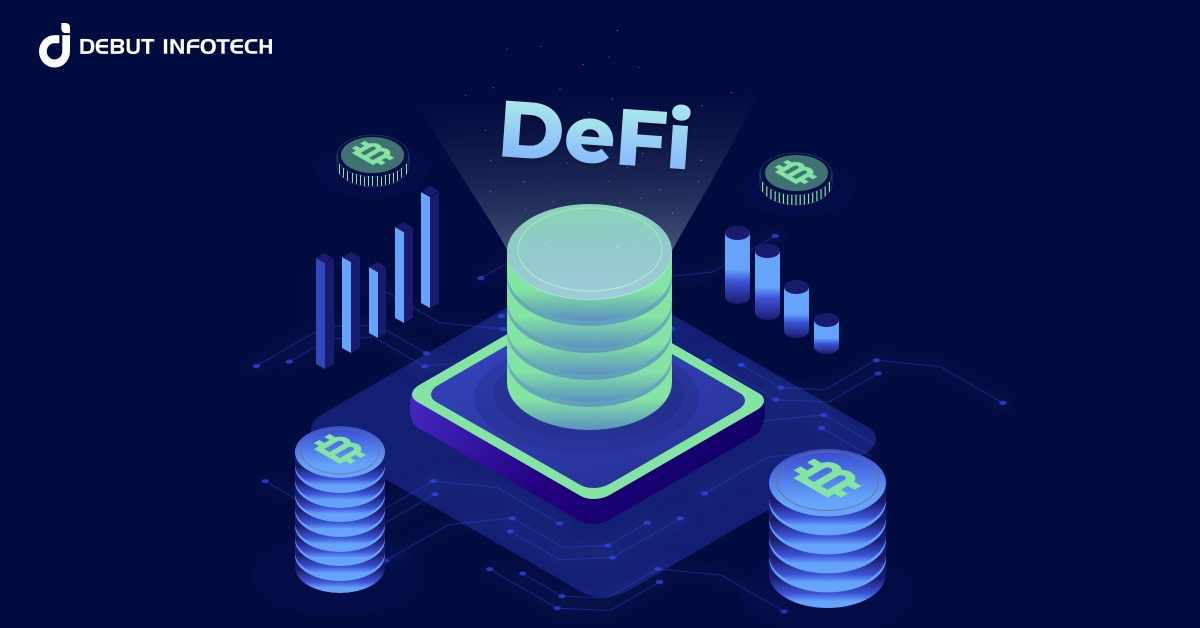
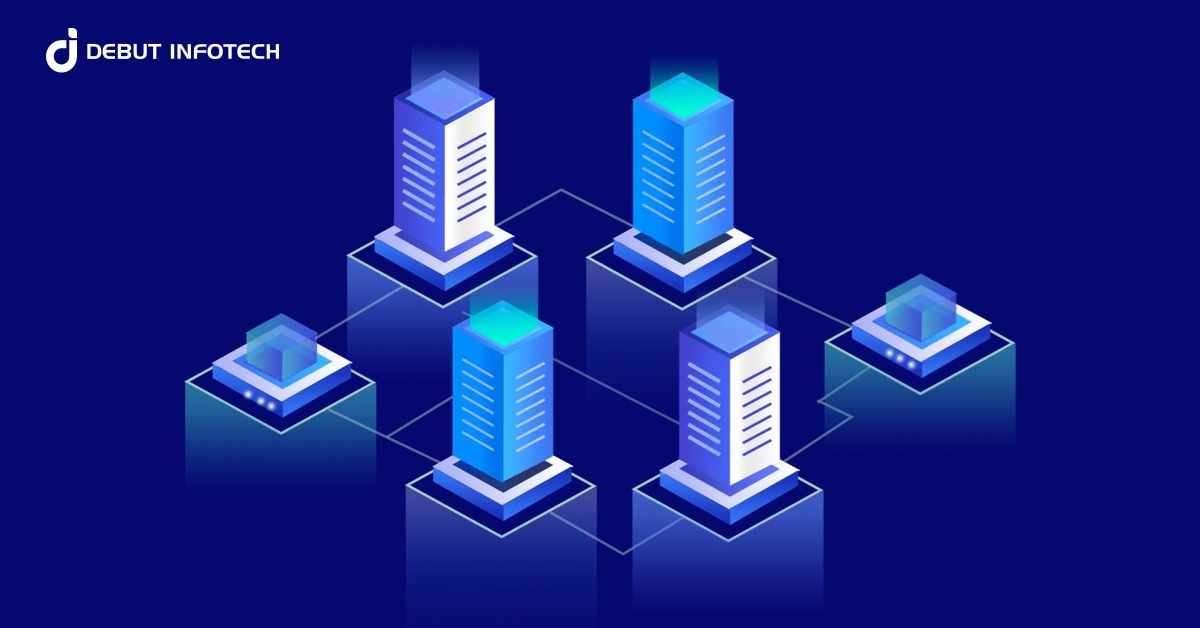


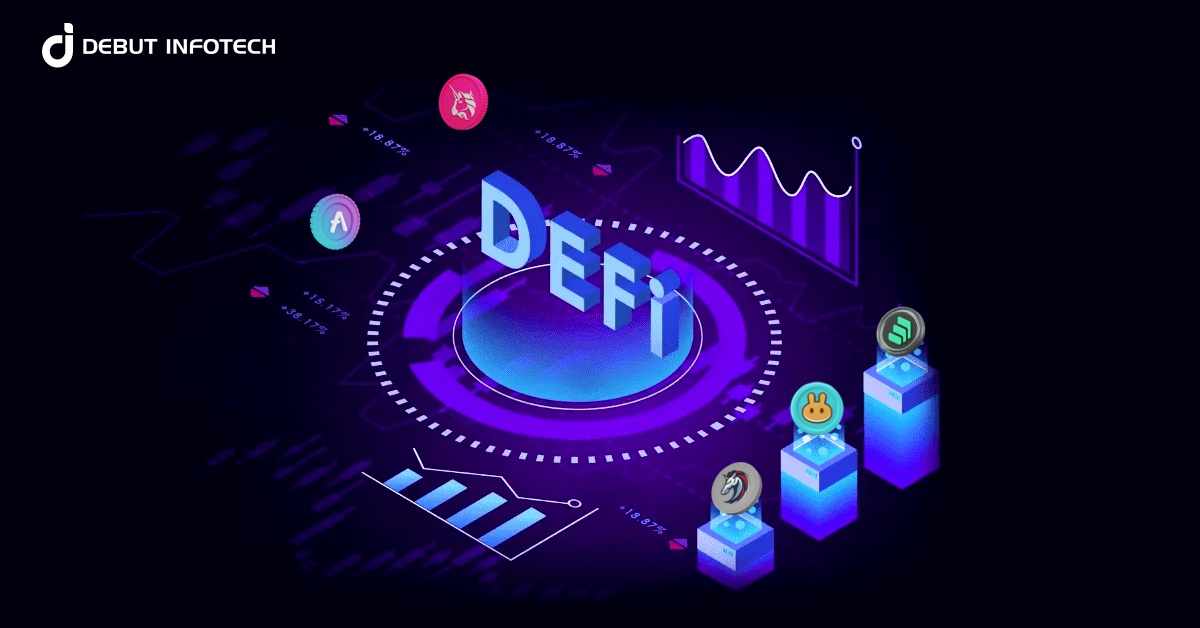

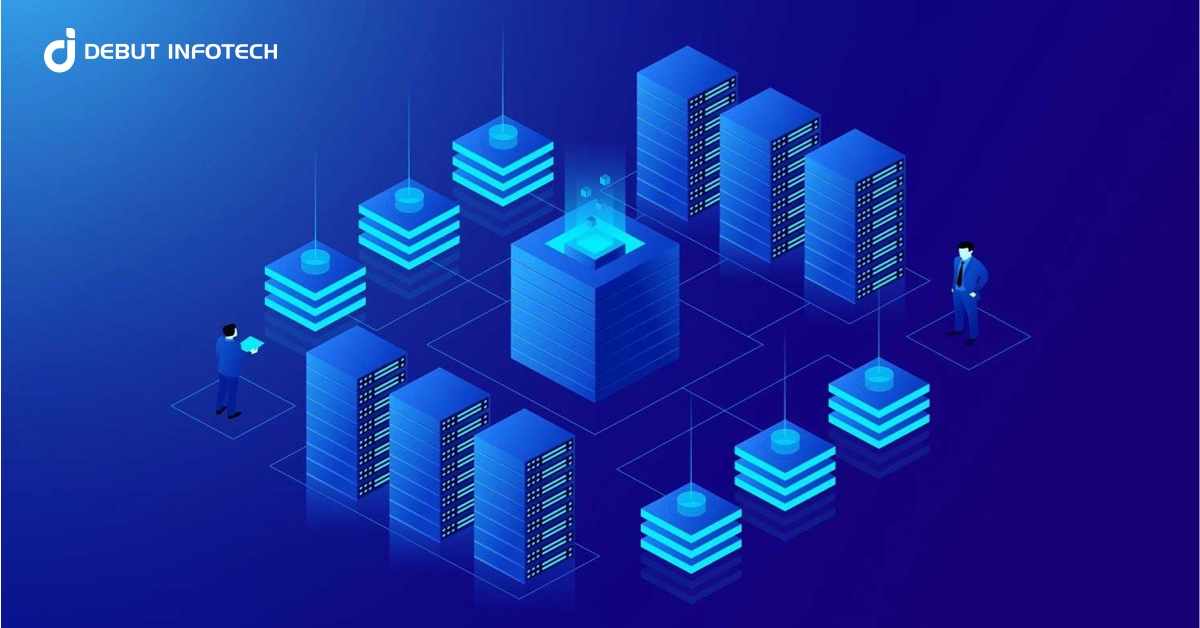
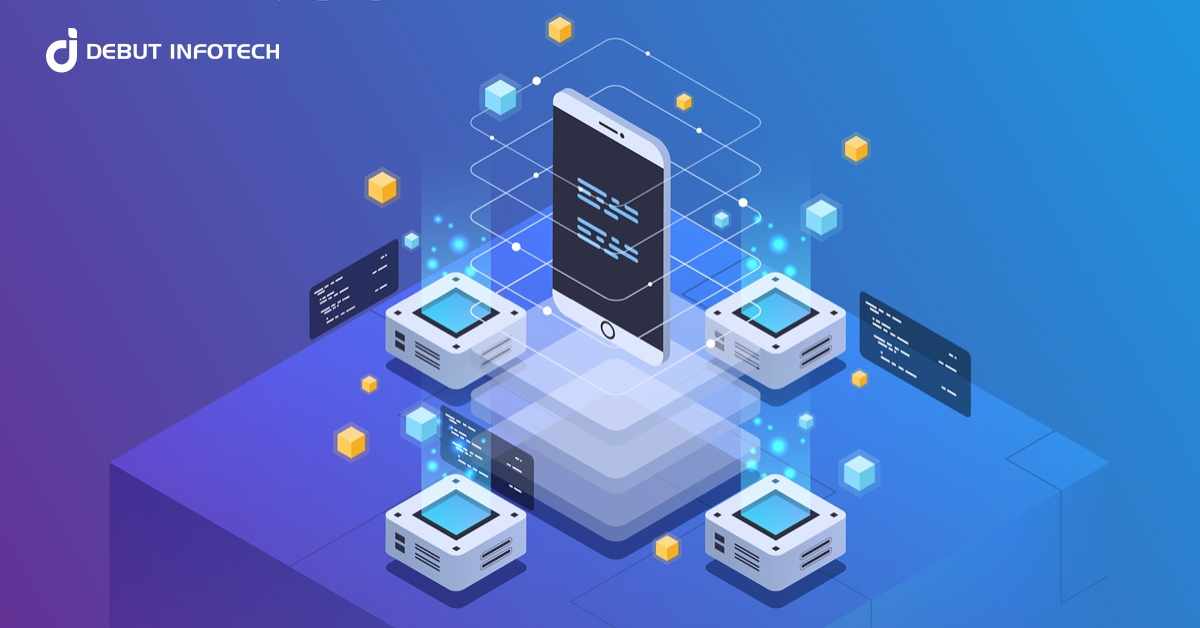

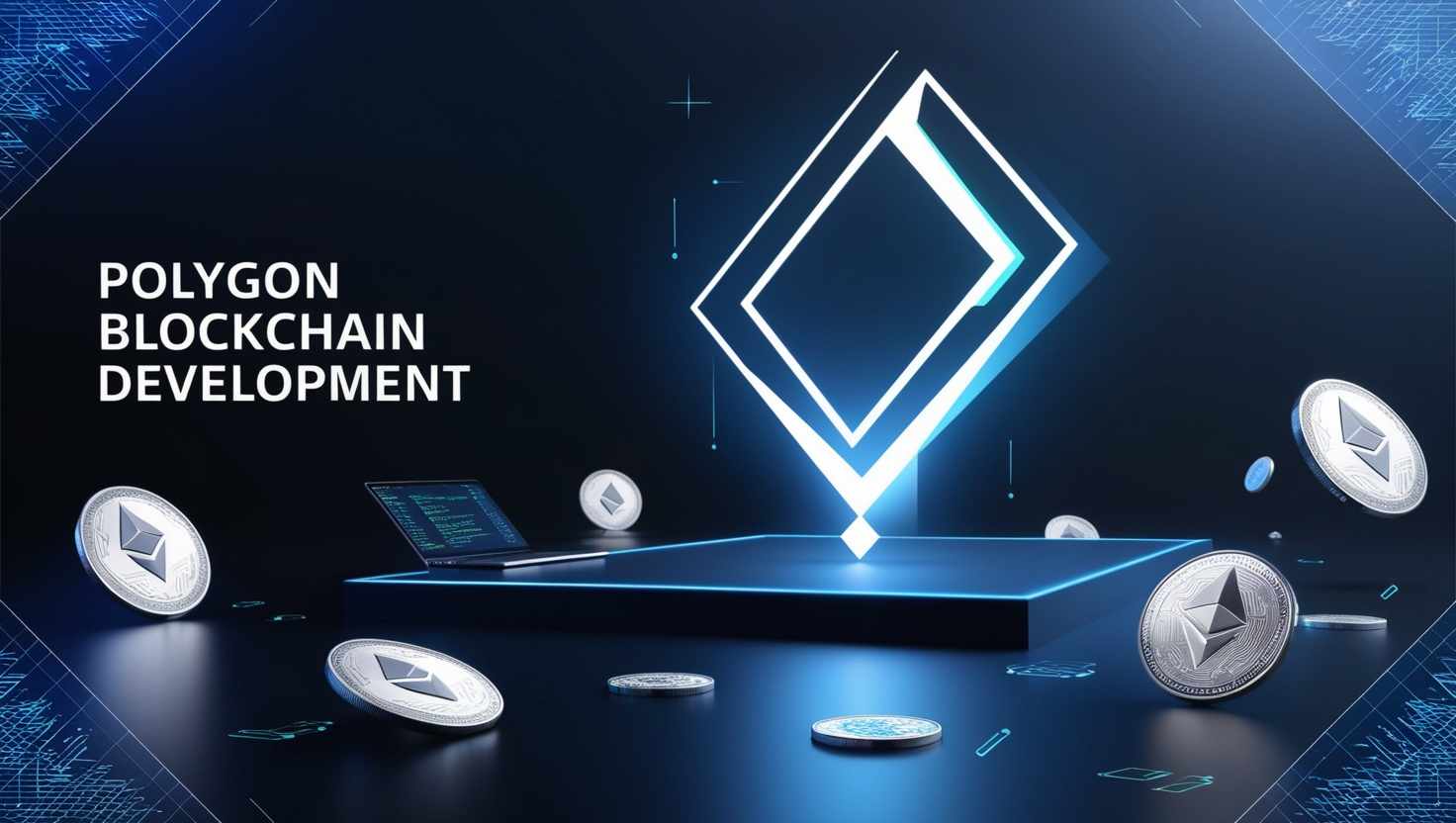



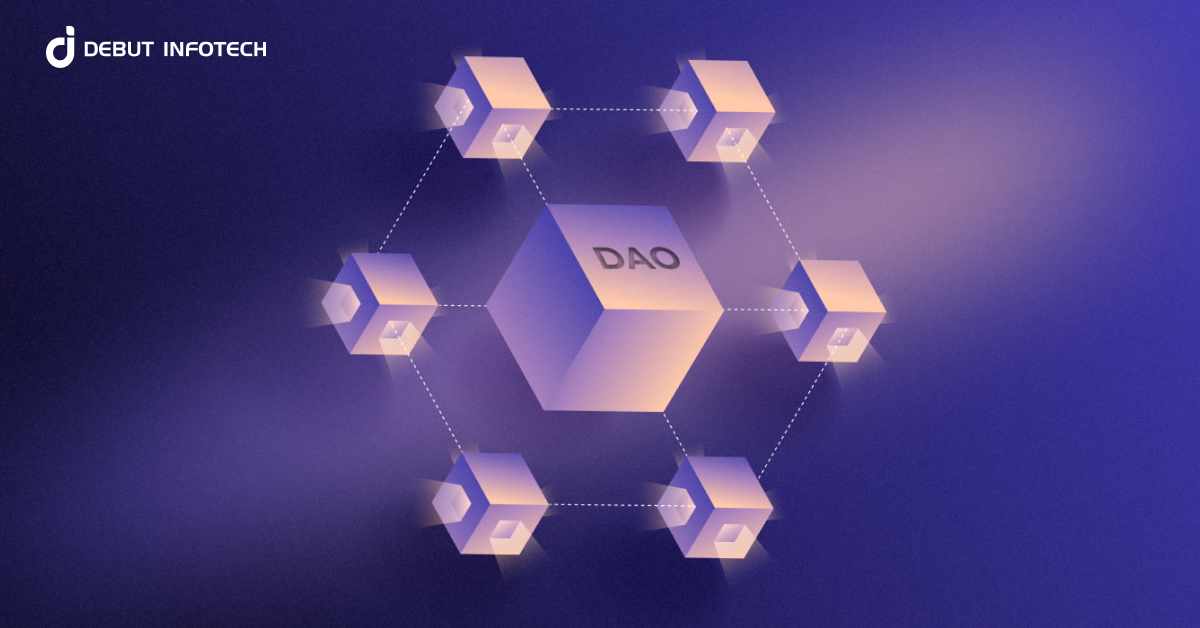


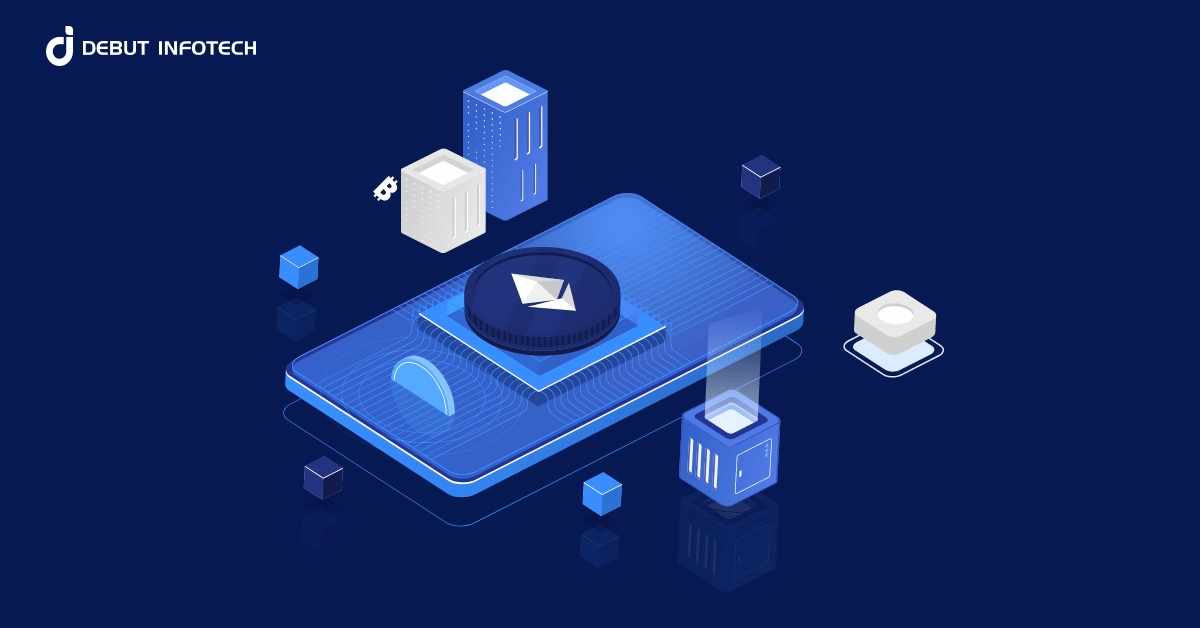
Write a comment ...